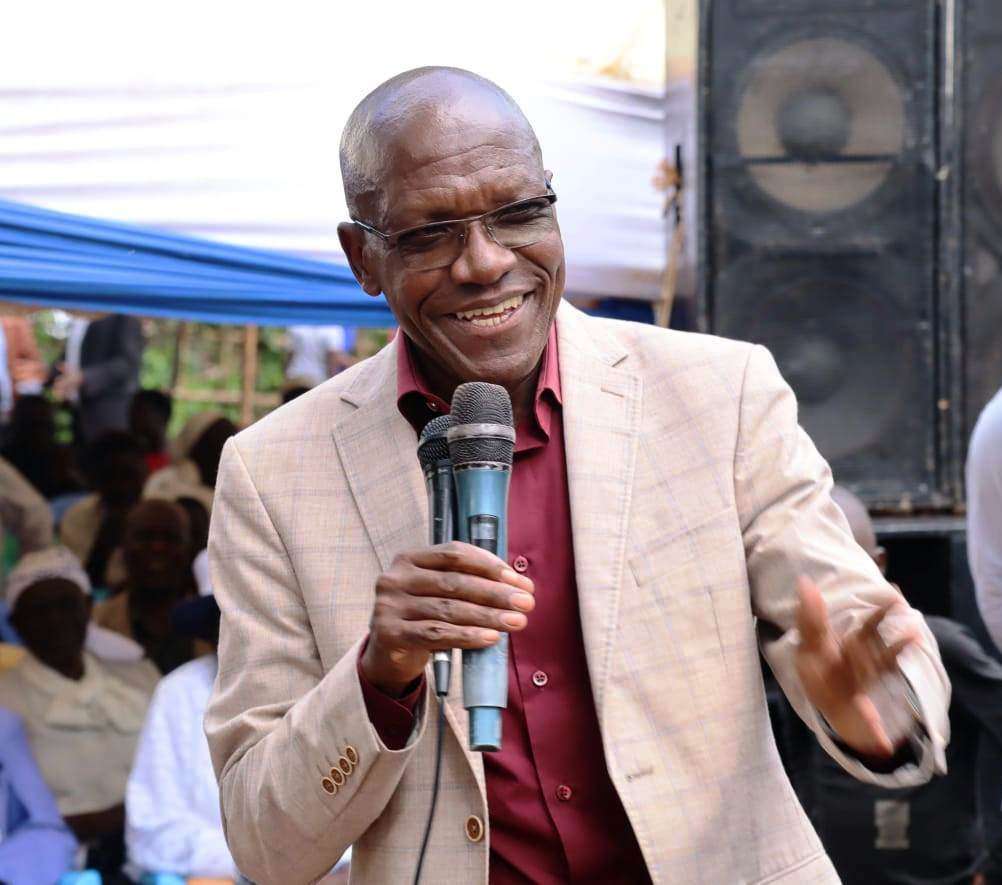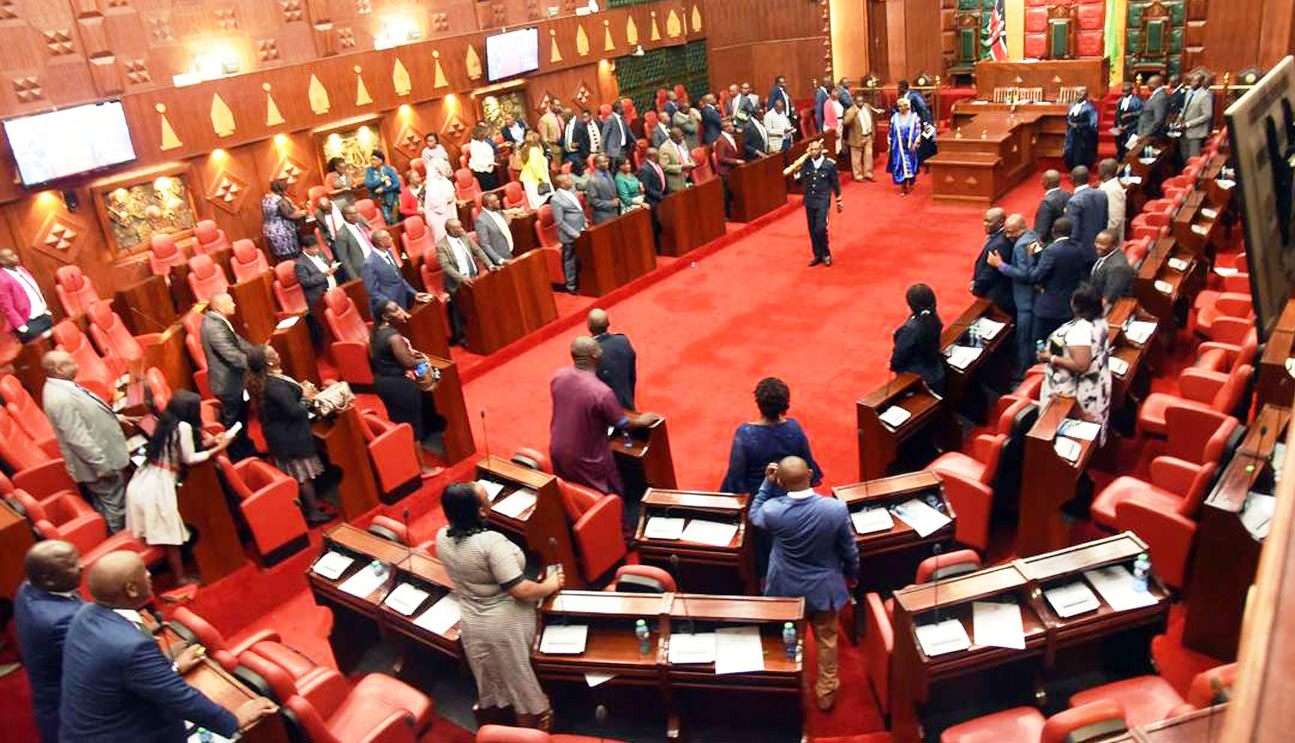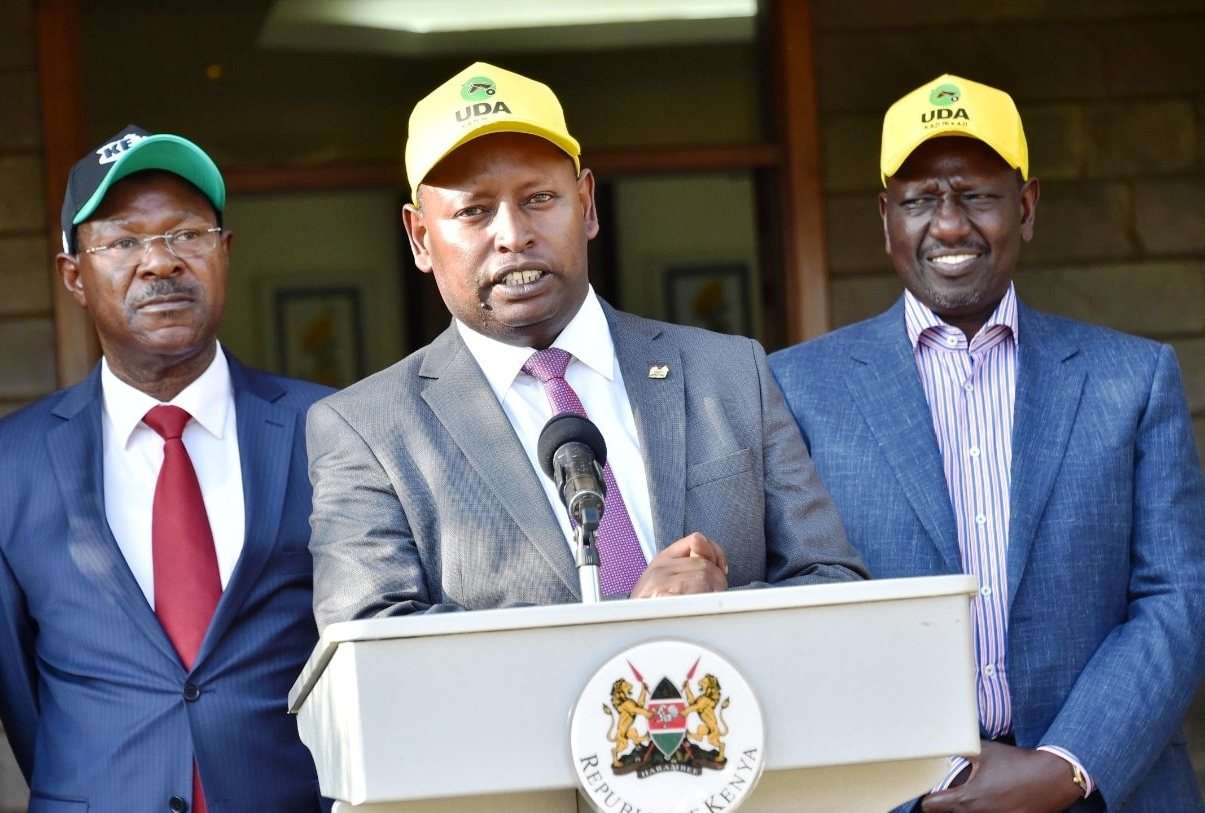By The Weekly Vision Team
Governor Fernadez Barasa seems to have failed to fit into the big shoes of his predecessor, Wycliffe Oparanya. The governor and his deputy, Ayub Savula, are facing questions from the residents of Kakamega, who accuse the duo of failing to implement their manifesto. Residents say the low rate at which projects are being implemented is worrying and that they might not fulfil even half of the pledges they made to the electorate in the run-up to the last general elections.
To begin with, the governor is facing a challenging situation as revenue collection continues to drop due to poor supervision by his team, which has resulted in low development in the county. Last year, deputy governor Ayub Savula openly revealed that revenue collection had gone down and accused revenue clerks of conspiracy and allegedly keeping some of the revenue in their own pockets. Savula was quoted as saying, “There are cases where the clerks jam the cashless recruiting budgets so as to collect the money manually, issue fake receipts, and pocket the money. All those involved in this malpractice are on the radar and will face the sack.”
To confirm Savula’s fears, there is a report by the Controller of Budget, Dr. Margaret Nyakang’o, which revealed that in the first half of FY 2023–24, the county government of Kakamega generated a total of Ksh. 301.67 million from its sources of revenue. This amount represented a decrease of 14.0 per cent compared to Ksh. 350.93 million realized in FY 2022/23.
The report reads, “The underperformance of own-source revenue stands at Ksh.301.67 million against an annual projection of Ksh.2.20 billion, representing 13.7 percent of the annual target. The highest revenue stream of Ksh.187.83 million was from hospital fees, which contributed to 62 percent of the total OSR receipts during the reporting period”. The report further reveals that at the beginning of FY 2023/24, the County Executive reported a stock of pending bills amounting to Ksh.1.47 billion, comprising Ksh.487.81 million for recurrent expenditure and Ksh.979.33 million for development activities.
In the first half of FY 2023–24, pending bills amounting to Ksh. 136.31 million were settled for development programs. However, the reported recurrent amount as of June 30, 2023, changed from Ksh. 487.81 million to Ksh. 421.21 million as of the end of the reporting period. The County Assembly spent Ksh. 31.23 million on committee sitting allowances for the 88 MCAs and the Speaker against the annual budget allocation of Ksh. 131.61 million. The average monthly sitting allowance was Ksh. 59,155 per MCA.
During the period, expenditure on domestic travel amounted to Ksh. 207.78 million and comprised Ksh. 97.29 million spent by the County Assembly and Ksh. 110.49 million by the County Executive. Expenditure on foreign travel amounted to Ksh. 3.99 million and was comprised of Ksh. 2.85 million by the County Assembly and Ksh. 1.13 million by the County Executive.
Between September 10 and 20, 2023, the executive spent Ksh. 1,821,934 on a trip to New York, USA. Again, between August 25th and 30th, 2023, the executive spent Sh 1,350,600 in the USA.
Another trip to the USA taken between September 25 and October 7 saw the county spend Ksh. 1,294,130, and between August 19 and 25, 2023, on a trip to Serbia, a total of Ksh. 898,950 was spent, while between October 9 and 18, 2023, a trip to the USA-Dallas cost taxpayers Ksh. 715,696.
The report also reveals a high level of pending bills, which amounted to Ksh. 1.47 billion as of December 31, 2023. Further, personnel emoluments amounting to Kshs. 121.22 million were processed through the manual payroll, accounting for 3.8 per cent of the total payroll cost. Manual payroll is prone to abuse and may lead to the loss of public funds where there is a lack of proper controls.
The report therefore recommends that the county should address its own-source revenue performance to ensure the approved budget is fully financed and that the county leadership should address the pending bill situation to ensure genuine bills are paid promptly in the remaining financial year.




